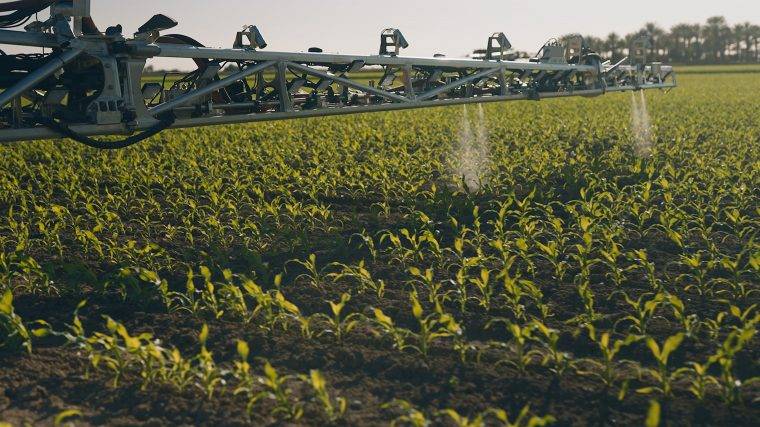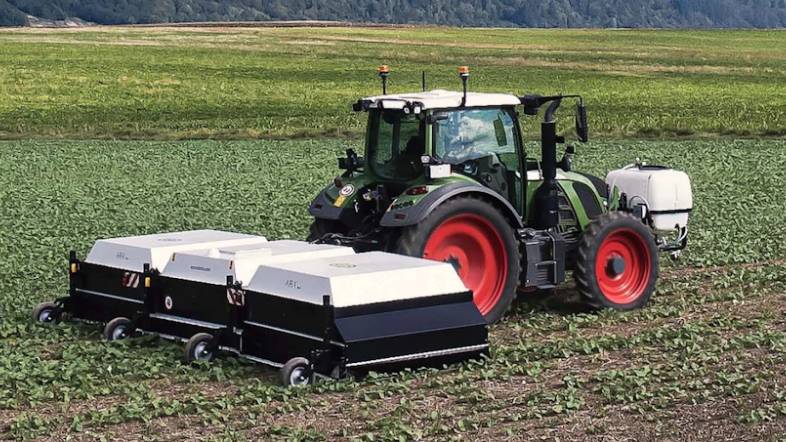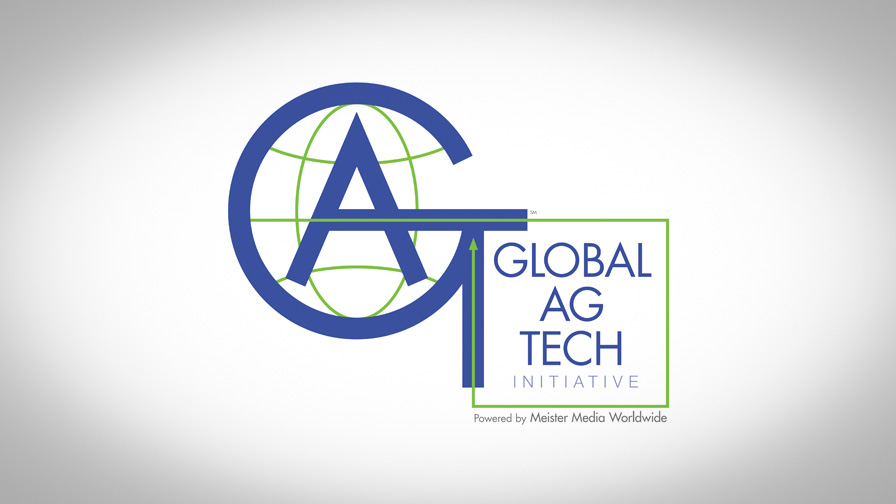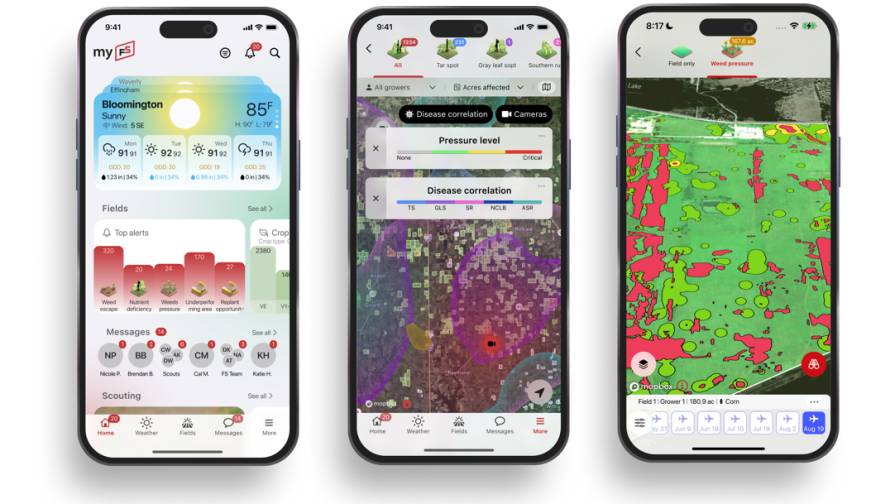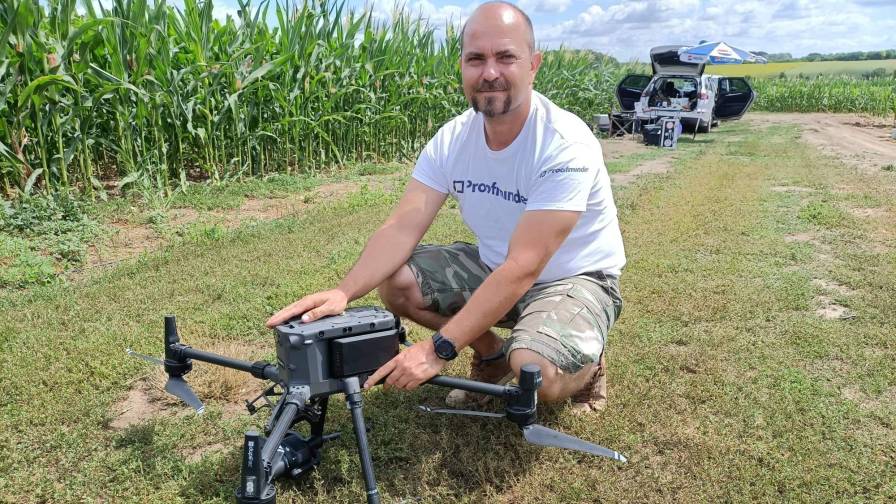Agmatix Tackles Data Standardization with Innovative Platform
Israeli agtech start-up agmatix was founded at the end of 2020 by global specialty minerals company ICL to solve a pervasive problem: a lack of standardization of data in the global agriculture industry, writes Jackie Pucci at AgriBusiness Global.
“In every encounter that we have with farmers, agriculture and food companies throughout the value chain, we find this issue as a great barrier to digital adoption,” Chief Executive Ron Baruchi tells AgriBusiness Global from his office in Tel Aviv. “Everyone is generating data according to their own standards and definitions, which makes it hard to compare apples to apples and to look at data across experimentation and in different countries.”
By digitizing field trials and agronomic experimentation, as well as standardizing data across the industry, the new agmatix solution is also building a global database poised to unlock the mainstream use of big data in agronomy – shortening timelines, reducing waste, and increasing profitability for agricultural professionals and farmers.
The new technology achieves this by utilizing machine learning and artificial intelligence to provide comprehensive advice as to soil, land topography, irrigation, weather, and crop management. The agmatix platform enables the development of statistically and scientifically stronger agricultural models, which helps to reduce food waste and support the issues of world food poverty and a growing global population.
MORE BY AGRIBUSINESS GLOBAL
Capitalizing on Emerging Technologies in LATAM: AgriBusiness Global to Hold Second LATAM Conference in Panama
Ag Tech Talk Podcast: Topcon Positioning Systems’ Mike Gomes Leads a New Global Sustainability Team
The Digital Tools Ag Companies Must Have in Their Crop Input Toolbox
“We are capturing new data from new experiments and field trials, but we also know how to come to large organizations of different types who have 30 years of data sitting in silos like Excel files, and we are digitizing them throughout,” Baruchi explains.
The agmatix platform has now completed over 50,000 field trials, processing 17 million agronomic measurements and analyzing over 70 different crop types on a global scale. The company has partnered with leading global research institutes, universities, NGOs, and agricultural companies who are now using agmatix to build the largest and highest quality database of standardized data in the world, according to the company. This will equip these institutions with the tools to develop machine-based models that can predict the environment’s impact on plant nutrition, enabling short and long-term planning.
Baruchi says the company plans to partner with organizations that have the largest amount of field trials and experimentation to reach the masses and generate real impact. “We’re providing tools to customers to decipher, analyze, and build predictive and AI models and out of the data and be able to support translating the data into the field.
“When we speak with partners, they are all trying to solve issues – they’re working on sustainability, reducing carbon emissions, food security issues, nutrition and the connection between plant and human nutrition. The platform enables them to share data with other researchers in solving those problems,” Baruchi adds. “It’s really genuine, and it makes us excited.”
The agmatix solution is a SaaS technology platform made-up of five key component modules, including:
- Field Trial Management Platform – The system digitally manages field trials including data collection and analysis from start to finish.
- Trials and Research Data Ingestion – The system automatically ingests and standardizes legacy data from agronomic field trials and experimentation.
- Data Insights & Predictive Models – A self-analysis tool using advanced machine learning models derived from field trials and experimentation data.
- Decision Support Systems – For agro professionals, the agmatix Digital Crop Advisor tool enables the translation of insights into actual decision support systems.
- Axiom Open – A collaborative and open portal that enables agro researchers and professionals from around the globe to share and view agronomic data to tackle common high-level challenges.




